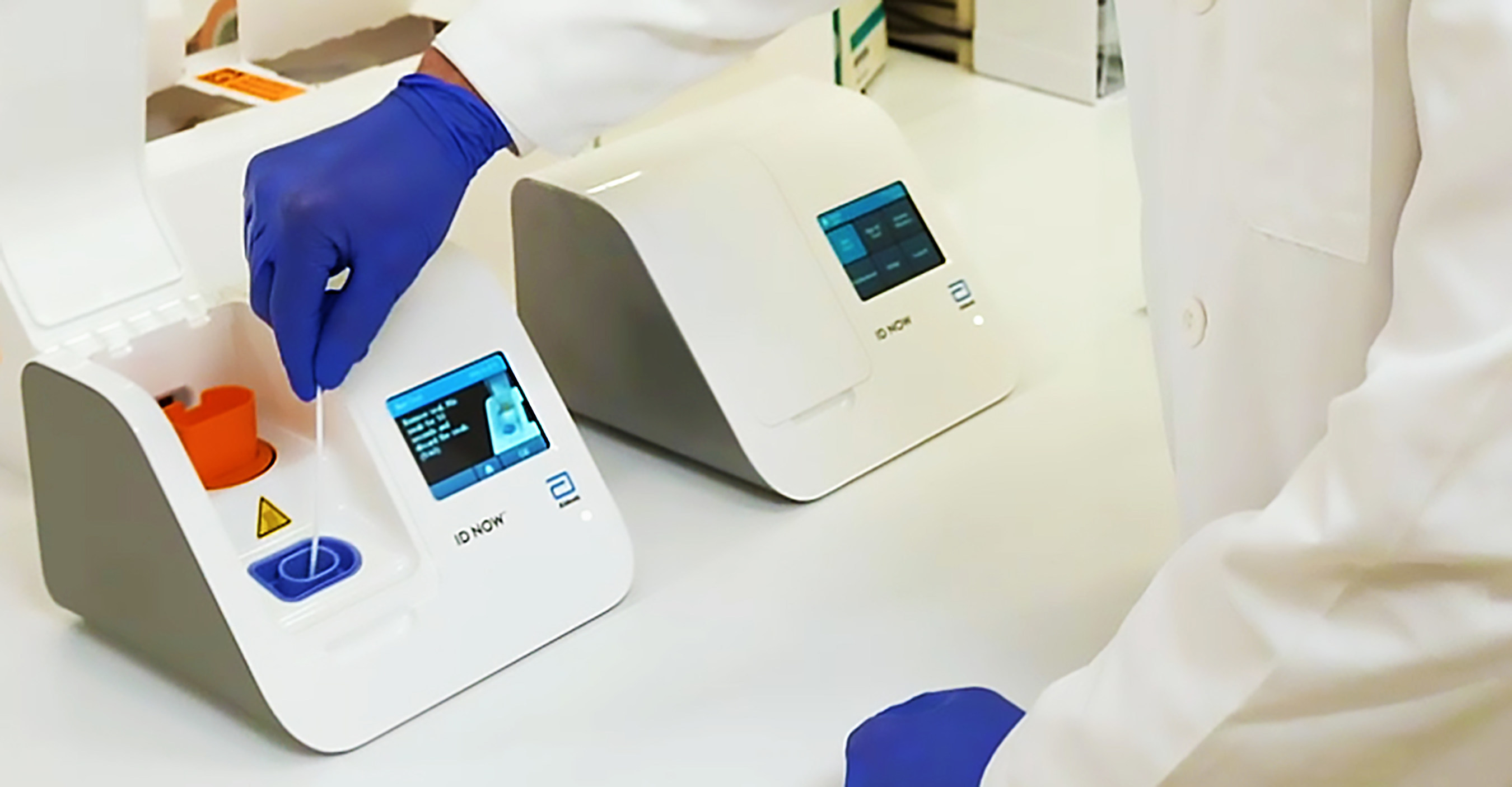Rapid Malaria Parasite Test in Mosquito Vectors (Research Use)
The Rapid Malaria Parasite Test in Mosquito Vectors is a critical research tool used to identify and quantify Plasmodium parasites within mosquito populations. This test is essential for understanding the transmission dynamics of malaria, particularly in regions where it remains endemic or re-emerges. The primary goal of such testing is to support vector-borne disease control strategies by providing accurate data on parasite prevalence.
The assay is designed to be robust and efficient, allowing rapid identification of infected mosquitoes at point-of-care settings, which is crucial for timely interventions. It employs advanced molecular techniques, including real-time PCR or lateral flow assays, tailored for the detection of specific Plasmodium species in mosquito vectors. This service supports research aimed at improving public health outcomes by offering precise and actionable data.
The process involves collecting mosquitoes from targeted locations, followed by homogenization and nucleic acid extraction. The extracted DNA is then subjected to a rapid diagnostic test that can differentiate between various Plasmodium species based on genetic markers. This method ensures high specificity and sensitivity, making it an invaluable resource for researchers.
The Rapid Malaria Parasite Test in Mosquito Vectors (Research Use) is compliant with international standards such as ISO 15189:2012 and EN ISO/IEC 17025. Compliance ensures the accuracy, reliability, and reproducibility of test results, which are critical for robust scientific research.
The service caters to a diverse range of clients including universities, pharmaceutical companies, public health organizations, and governmental bodies involved in malaria control efforts. By providing reliable data on parasite prevalence, this testing can inform the development of more effective vector management strategies.
Research using these tests has led to significant advancements in our understanding of how mosquitoes contribute to malaria transmission. This includes insights into the role of different mosquito species as vectors and the impact of environmental factors on parasite survival rates within the insect population.
The service also supports epidemiological studies by providing baseline data against which interventions can be measured effectively. With ongoing research aimed at reducing malaria burden, reliable tools like this Rapid Malaria Parasite Test are indispensable for generating actionable insights into vector behavior and control methods.
Scope and Methodology
The scope of the Rapid Malaria Parasite Test in Mosquito Vectors (Research Use) encompasses both the technical aspects involved in sample preparation and analysis, as well as the broader application within scientific research. Specimens are typically collected from field sites where malaria transmission is known or suspected to occur.
- Sample Collection: Mosquitoes are captured using standardized traps placed at strategic locations around potential hotspots for malaria transmission.
- Preparation: Collected mosquitoes undergo homogenization followed by nucleic acid extraction, ensuring all samples remain intact and ready for testing.
- Testing: Extracted DNA is subjected to a rapid diagnostic test that identifies the presence of Plasmodium parasites. The test can differentiate between multiple species based on specific genetic markers.
The methodology adheres strictly to internationally recognized guidelines, ensuring consistent and reliable results across all tests conducted. This includes adherence to ISO 15189:2012 for quality management systems in medical laboratories and EN ISO/IEC 17025 for technical requirements for the competence of testing and calibration laboratories.
The test is not only used in basic research but also supports applied research aimed at developing new interventions against malaria. By providing accurate data on parasite prevalence, this service helps inform strategies to control vector populations effectively.
International Acceptance and Recognition
- The Rapid Malaria Parasite Test in Mosquito Vectors (Research Use) is widely accepted by international health organizations such as the World Health Organization (WHO), Centers for Disease Control and Prevention (CDC), and others.
- It is recognized for its role in supporting global efforts to combat malaria, particularly through vector control programs.
The test has been validated against multiple species of Plasmodium parasites, including P. falciparum, P. vivax, and others, ensuring comprehensive coverage required for various research needs. Compliance with international standards ensures the reliability of results across different geographical locations.
Research using this test is published in reputable scientific journals, contributing to a growing body of knowledge on malaria transmission dynamics. The methodology employed has been validated through peer-reviewed studies, further enhancing its credibility within the scientific community.
The service provider maintains strong partnerships with leading institutions around the world, ensuring continuous improvement and adaptation of testing protocols based on latest findings in malaria research.
Use Cases and Application Examples
- Epidemiological Studies: The test helps in identifying spatial patterns of malaria parasite presence within mosquito populations, aiding in the identification of high-risk areas for transmission.
- Precision Interventions: By pinpointing specific species and strains of Plasmodium parasites, this service supports the development of precision interventions such as targeted insecticide treatments or larval source management.
The Rapid Malaria Parasite Test in Mosquito Vectors (Research Use) is instrumental in supporting research aimed at understanding the complex interactions between mosquitoes, parasites, and human hosts. Its role extends beyond basic science to inform practical policies that can improve public health outcomes globally.





